In 2018, I suddenly found myself wondering why my father had passed away in 2013. I had so many questions I wished I could ask him. Of course, they weren’t about whether I had been a worthy son or whether he had hidden treasure somewhere (though I do wish he had — I could use all the treasure in the world today).
The questions I failed to ask were whether he had ever voted in any election before he married my mother, and whether he had any proof of it. I also wondered if his father — my grandfather — had ever voted, and if there was any proof of that as well.
When proof becomes identity
Those questions gnawed at me for months, because the answers would ultimately determine whether I was an Assamese from Assam — or even an Indian at all. The quest for “legacy data,” as the National Register of Citizens exercise called it, was a far more serious business than a mere search for family pride.
To quote from Amitabh Bachchan’s movie Shahenshah (1988): “Rishte mein toh hum tumhare baap lagte hain… naam hai Shahenshah!” That line is fine for the movies, but the real challenge was to prove that the baap himself was an Indian — a man who, in his youth, could never have imagined that his simple act of voting (or not voting), or the absence of a few papers, would one day become an unthinkable burden of legacy on his children.
Assam left out
Murmurs of protest from the Congress party and voices of appreciation flooded social media on Monday, particularly among BJP supporters, after the Election Commission announced the second phase of the Special Intensive Revision (SIR) of electoral rolls across 12 states and Union Territories — notably leaving out Assam, a state also due to go to polls in April–May 2026 along with Tamil Nadu, West Bengal, Goa and Puducherry.
Chief Election Commissioner (CEC) Gyanesh Kumar clarified that Assam’s exclusion was linked to the ongoing Supreme Court–monitored process of verifying the state’s citizenship records following the NRC exercise.
“There are separate provisions for Assam’s citizenship in the law and a drive to check valid citizens has already been done under Supreme Court’s observation. Thus, separate orders for SIR in Assam will be issued," Kumar said at a press briefing in New Delhi. He added that the scrutiny of citizenship records in Assam was nearing completion under the court’s supervision, and hence, the all-India SIR order “would not have been applicable to Assam at this stage."
#WATCH | Phase 2 of SIR | On Assam not included in the second phase of SIR, CEC Gyanesh Kumar says, "Under India's Citizenship Act, there are separate provisions for Assam. Under the supervision of the Supreme Court, the checking of citizenship there is about to be completed. The… pic.twitter.com/NoeqZ5x6DY
— ANI (@ANI) October 27, 2025
Impact Shorts
More ShortsNever-ending verification saga
The truth is, no SIR can scare or worry Assam. Irritate — yes! Whether it stands for South Indian Restaurant or Special Intensive Revision, the NRC veterans who once accomplished the unthinkable feat of excavating British-era data to secure Indian citizenship are well-equipped to battle yet another round of documents and data.
The price of belonging
The real concern is that this has become a never-ending process. NRC, SIR… where is the end to this self-imposed war over citizenship? If the targets are illegal migrants, why distress genuine citizens? For many, life has turned into a saga of PDFs of epic proportions. And like life itself, the constant fear is: what’s next?
While Hindus and Muslims from abroad debate their place in India, Indian Hindus and Indian Muslims from Assam are being forced to plead with their own government to spare them the humiliation of proving their ancestral ties to their own land. Saat purush? Is that what Indians from Assam must now prove whenever SIR takes avatar here?
From the sleepless nights spent before laptop and desktop screens to feed the document-swallowing greed of the NRC exercise, to the bloodied street battles with security forces during the Citizenship Amendment Act movement in late 2019, citizenship has always been an issue of deep mistrust, dirty politics, and the Gorgon’s head of Medusa — rearing yet another ugly face even as one is cut off.
For the Himanta Biswa Sarmas and Gaurav Gogois of the world, citizenship is like a barbecue — cooking slowly at its own pace. But for the common people, it’s like fenugreek seeds in hot oil: they turn black in no time. It is their lives that are burnt when existence itself threatens to become an existential disappearance.
A law, a verdict and an unending wait
Now that CEC Kumar has mentioned the Supreme Court while explaining Assam’s exclusion from the SIR exercise, it’s worth recalling how the apex court is deeply tied to the issue.
The apex court in October 2024 upheld the constitutional validity of Section 6A of the Citizenship Act, 1955, a provision born out of the Assam Accord of 1985 that set January 1, 1966, to March 24, 1971, as the cut-off period for regularising migrants from Bangladesh.
While this section grants citizenship to those who entered Assam within that window, it was challenged by groups who argued it discriminated against the rest of India and endangered the cultural rights of indigenous Assamese. In a 4:1 verdict, the Supreme Court ruled that Parliament was within its powers to make special provisions for Assam, given its unique demographic and historical circumstances.
However, the dissent warned that the provision has become constitutionally “unreasonable” over time, complicating the state’s already fraught citizenship verification process. This ongoing judicial oversight explains why Assam remains under the court’s watch — and why the Election Commission must tread carefully before any new revision of rolls.
For Assam, the NRC is like the wagging tail of a dinosaur — a massive, lingering process chasing a perpetually elusive answer: what ends first, us or the exercise?
The story began in 1951, when the first NRC was prepared after the Census, serving as the baseline for citizenship records. Decades later, the 1985 Assam Accord sought to identify and deport illegal migrants who entered the state after March 24, 1971.
Acting on this accord, the Supreme Court in 2013 ordered an update of the NRC, officially reviving the exercise. Between 2015 and 2017, residents were asked to submit documents linking themselves to pre-1971 citizens.
The first draft came out on December 31, 2017, followed by the final draft on July 30, 2018, which excluded around 40 lakh people. The Final NRC, published on August 31, 2019, listed 3.11 crore names, leaving 19.06 lakh out — a figure that continues to haunt the state’s collective psyche as the question of citizenship remains unresolved.
The price of belonging
Personally, it was a monumental loss when our family names were missing from the first draft of the NRC — the exact opposite of what Kapil Dev and his team must have felt at Lord’s had the West Indies crushed them in the 1983 World Cup final.
But when our names finally appeared in the Final Draft, the joy was strangely muted — an uncertain triumph, much like the Pandavas’ victory in Kurukshetra. What had we really won? What was the cost of that victory? Was it worthy at all?
A confused soul, a conflicted mind.
Assam’s eternal question
The Election Commission has spared Assam the trouble of SIR — for now. But when the next Census arrives and throws up frightening new data on “citizens” in Assam, can the tempest of SIR be far behind?


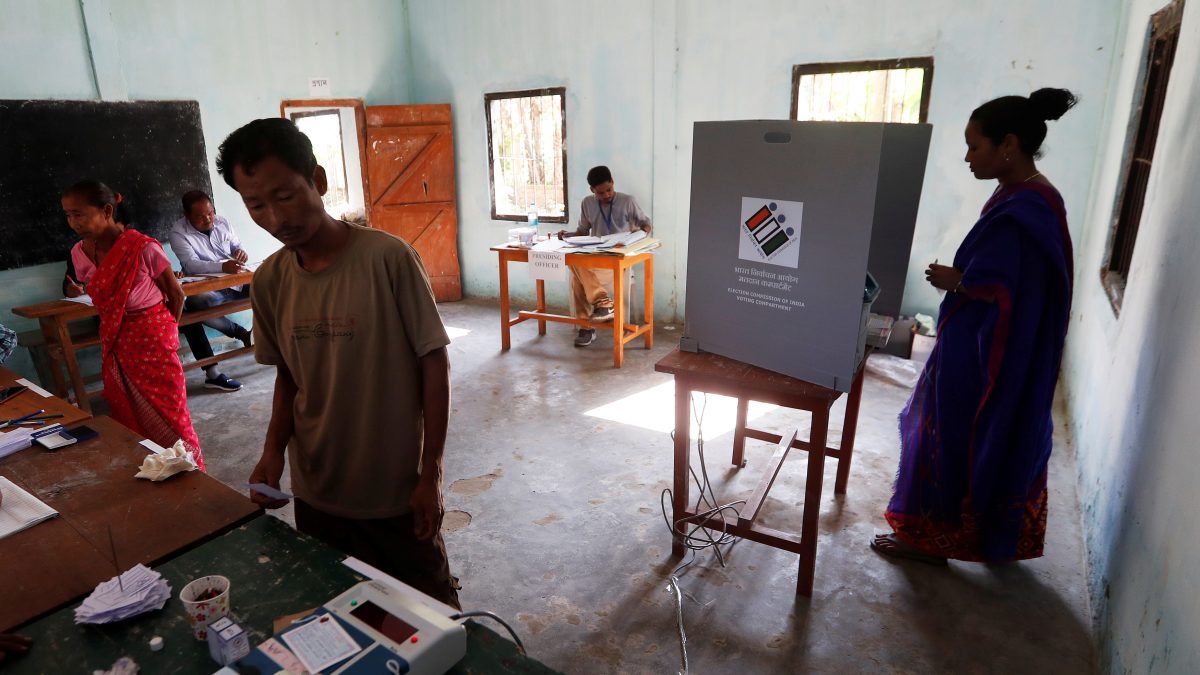)
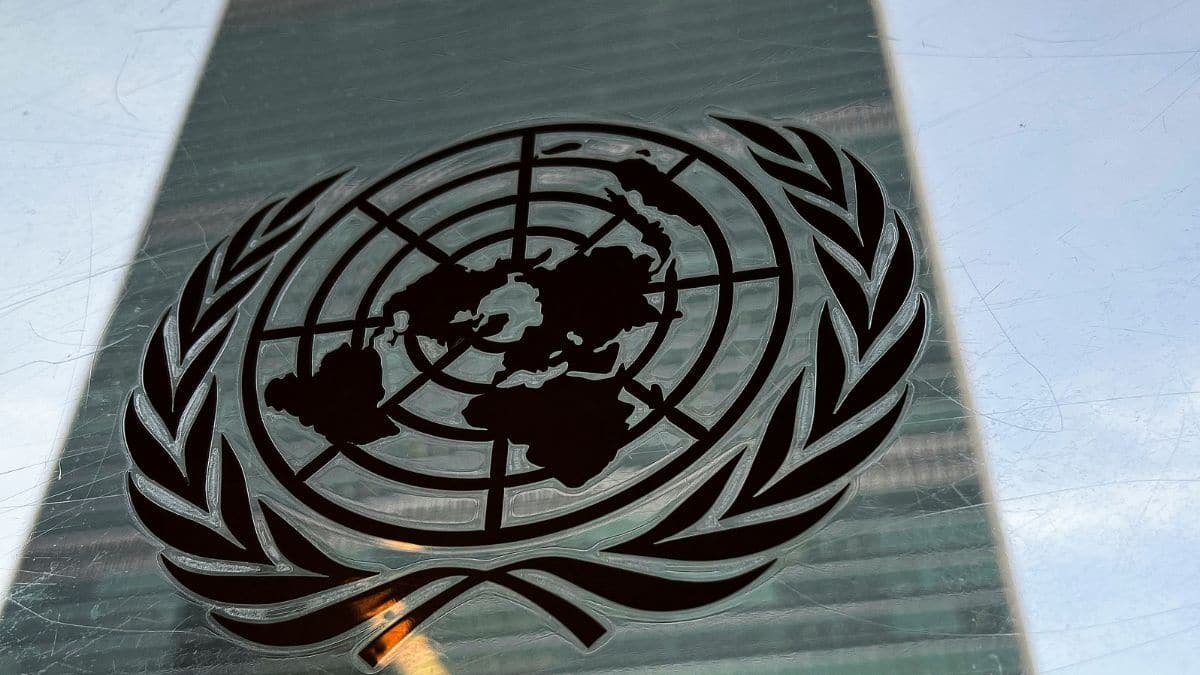
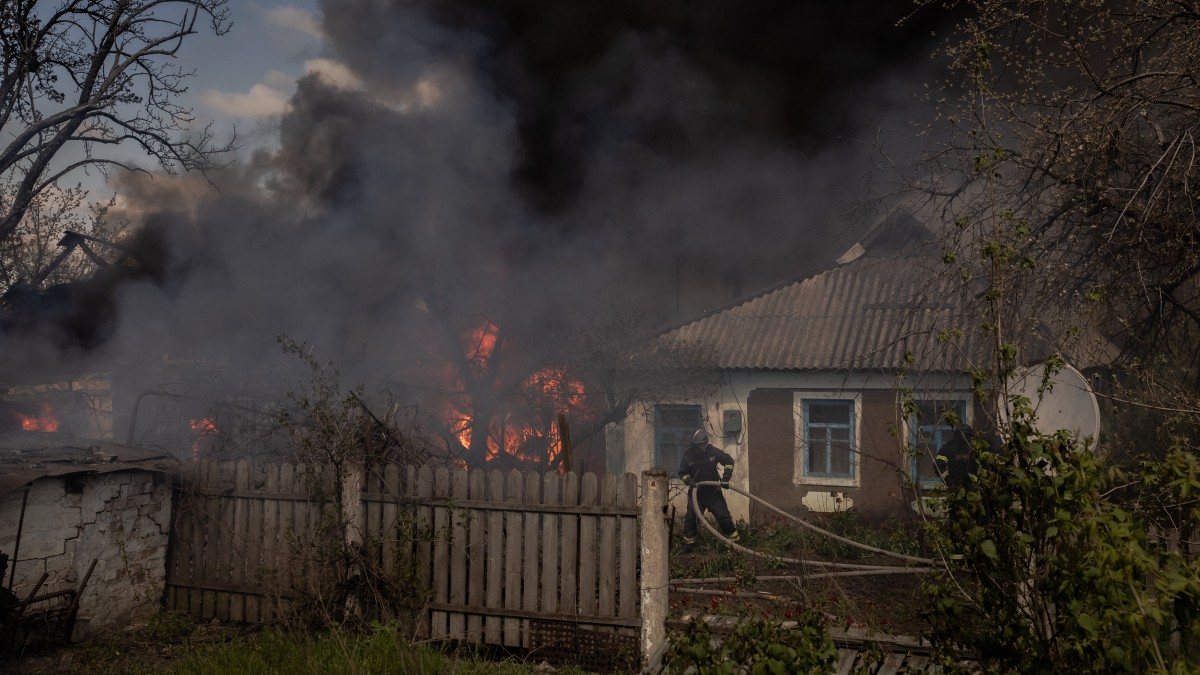)
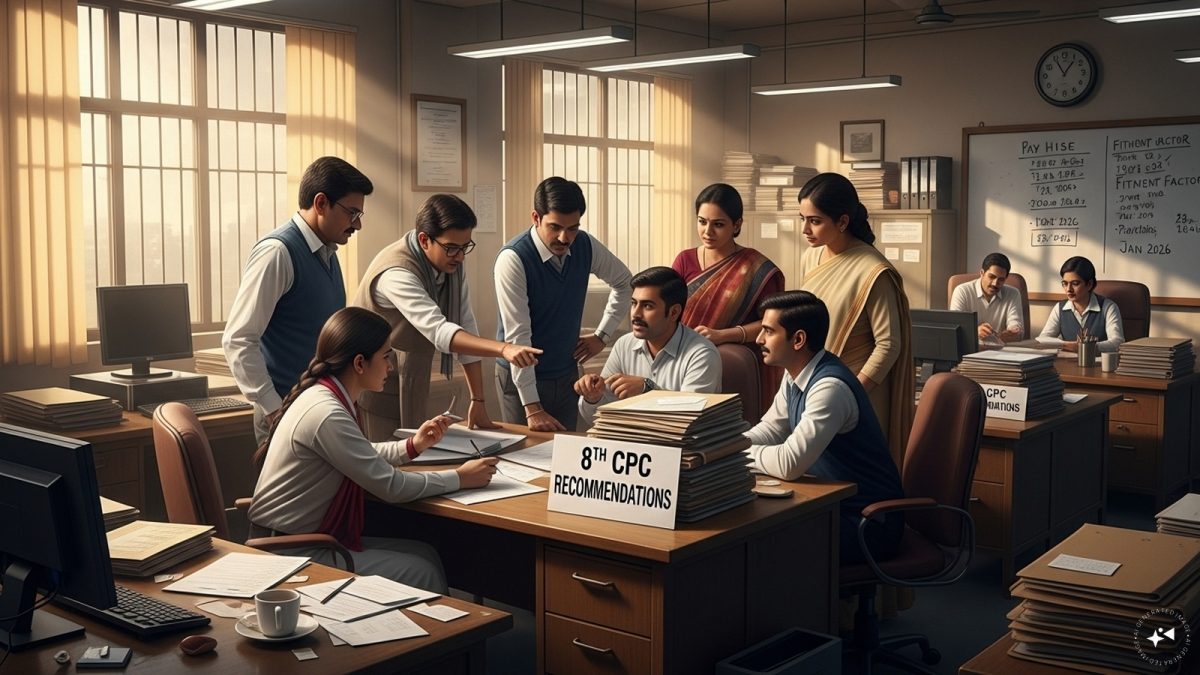)
)
)
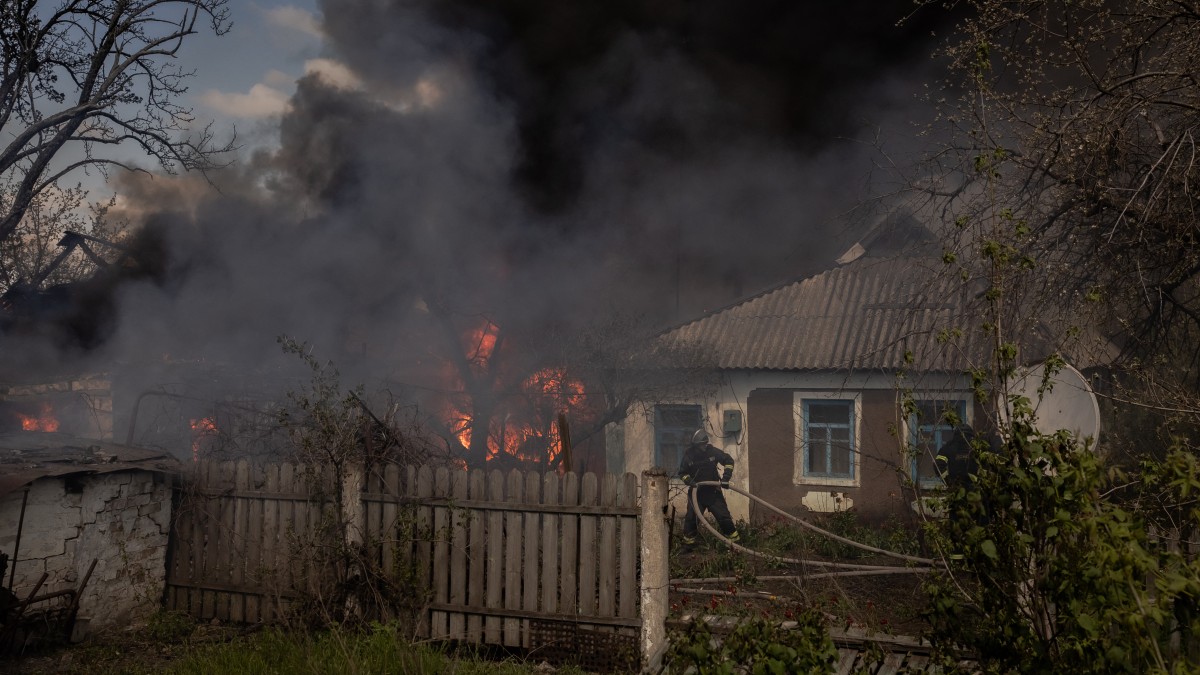)
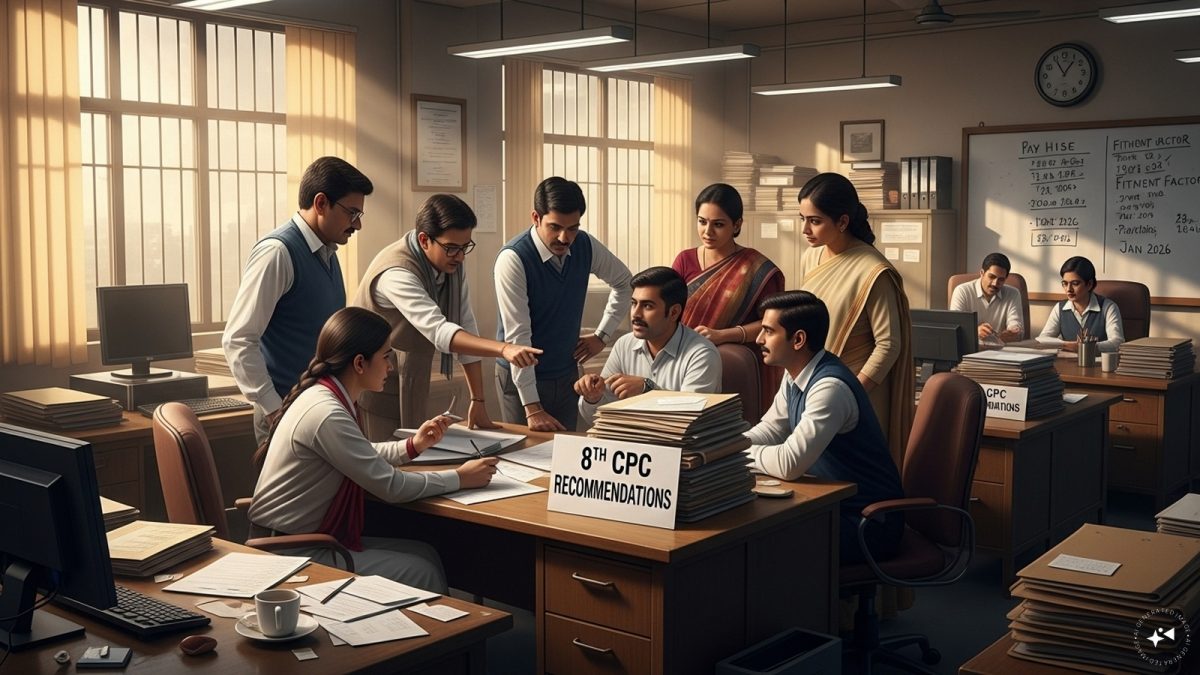)
)
)



